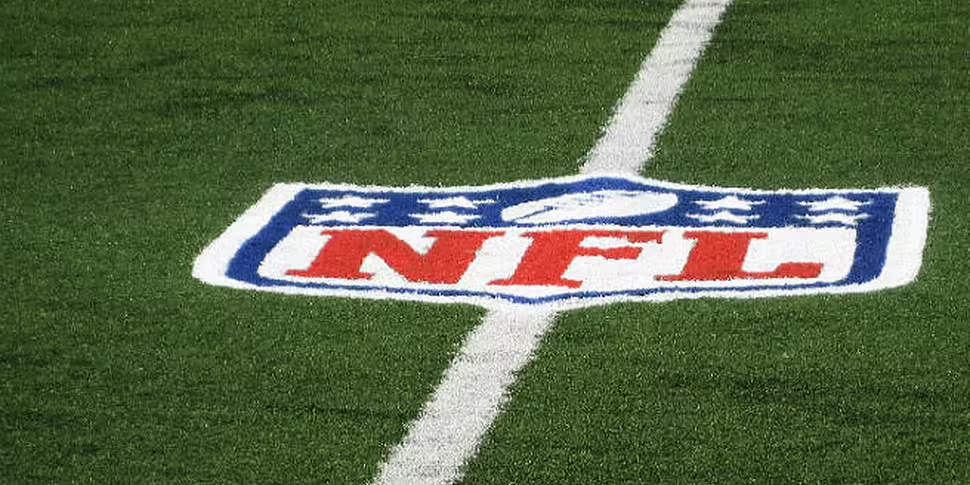Back in August, the NFL and over 4,000 former American football players came to a €765 million settlement deal over the brain injury scandal which had been emerging in recent years.
Under the terms of that settlement, the NFL is not obliged to share documents which may show when and how much the league knew about the dangers of concussion and brain injury.
Last night award-winning journalist Mark Fainaru-Wada, who has delved into the issue on Off The Ball six months ago, spoke to Ger about the denials emanating from the league.
His book League Of Denial forms the basis of a PBS documentary on the concussion crisis in the NFL.
"The league spent the best part of two decades in a profound state of denial. There was a growing body of independent scientists and researchers who were raising a red flag and suggesting that playing football can lead to long-term brain damage. Instead of embracing those folks or being seemingly inquisitive about it, they were either ignoring them, attacking them and in some cases almost trying to ruin them," explained Fainaru-Wada.
"At the same time you had the league creating a research body which is looking into the issue of concussions but they co-opt a medical journal that's run by a consultant of one of the teams and they produce a body of paper that flies in the face of much of the other research. They basically said that concussion was not a big deal in the NFL."
Yet the NFL found that their own players were suffering from the effects of Alzheimers and memory problems at a far higher rate than the normal population. This document was leaked to the New York Times and the NFL denied what was contained within its pages.
"It was a pivotal moment where the league did its own research and then there's a report in the Times about this. The league's response is to say that 'that research is not the best of science'. We report in the book about research which goes as far back as 2003 where higher incidences of dementia are reported in players and the league's response is to say that the science isn't very good on this," said Fainaru-Wada.
Other interesting moments came when the NFL made a $1 million donation to the Boston Centre where a lot of brain analysis of deceased ex-footballers takes place:
"What's funny about that $1 million donation is that it comes at a time when the league has gone before Congress and has been put on trial. They make this donation to the Boston University folks and it's that money that funds research that leaves Boston to talk about a huge proportion of players that they are finding with these diseases."









